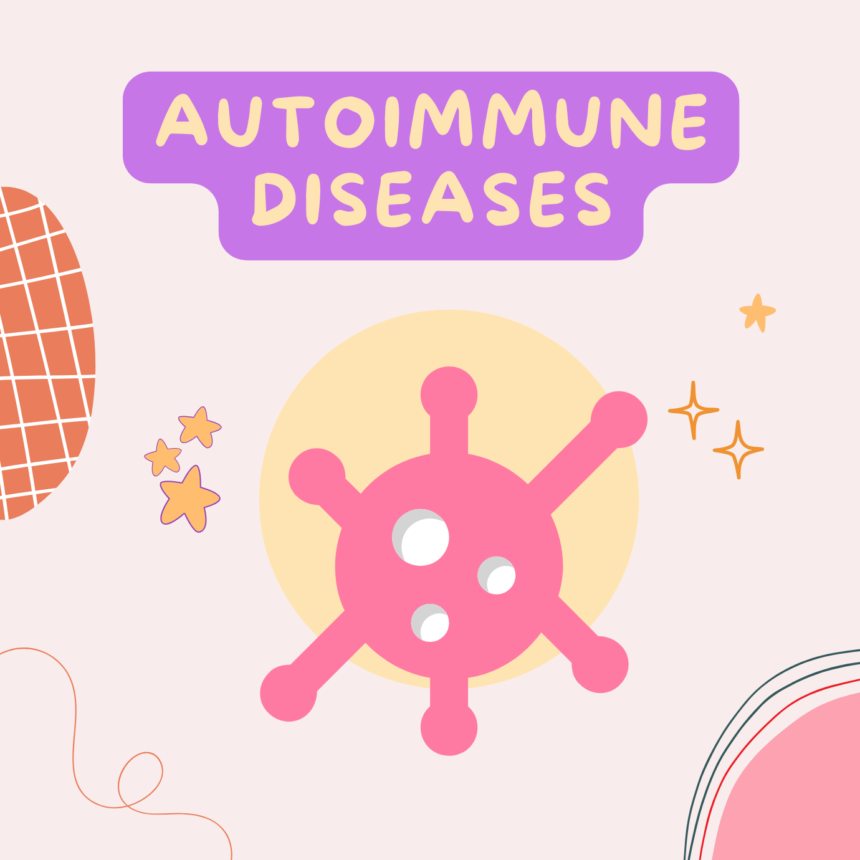Rheumatoid arthritis (RA) is an autoimmune disease that primarily affects the joints, causing chronic inflammation and potentially leading to joint damage and disability. In this article, we’ll explore the complexities of rheumatoid arthritis and the strategies for managing this challenging condition.
Understanding Rheumatoid Arthritis:
RA is an autoimmune disorder, which means the immune system mistakenly attacks the body’s own tissues, particularly the synovium—the lining of the membranes that surround the joints. This chronic inflammation can affect multiple joints, often in a symmetrical pattern, and may result in pain, swelling, and stiffness.
Symptoms and Progression:
The symptoms of RA can vary from mild to severe and can include:
- Joint Pain and Swelling: Typically in small joints like the fingers and toes, but larger joints can also be affected.
- Morning Stiffness: Stiffness and reduced joint mobility, often worst in the morning.
- Fatigue: A persistent feeling of tiredness and lack of energy.
- Systemic Effects: RA can also affect other organs and systems, leading to a range of symptoms beyond joint issues.
Diagnosis and Treatment:
Early diagnosis and intervention are crucial in managing RA. Rheumatologists, specialists in autoimmune diseases, typically diagnose RA based on a combination of clinical evaluation, blood tests to detect specific antibodies like rheumatoid factor and anti-cyclic citrullinated peptide (anti-CCP), and imaging studies.
Treatment options include:
- Medications: Nonsteroidal anti-inflammatory drugs (NSAIDs) for pain and inflammation, disease-modifying antirheumatic drugs (DMARDs) to slow disease progression, and biologics that target specific parts of the immune system.
- Physical Therapy: Exercises to maintain joint function and mobility.
- Lifestyle Modifications: Managing stress, a balanced diet, and regular exercise can help improve overall well-being.
- Surgery: In advanced cases, joint replacement surgery may be necessary to alleviate pain and restore function.
Challenges in Managing RA:
RA is a chronic condition, and its management can be challenging. Flare-ups and remissions are common, making it important for individuals with RA to work closely with healthcare providers to adjust treatment as needed.
Quality of Life:
Despite the challenges, many people with RA can lead fulfilling lives by effectively managing their condition. Early diagnosis, appropriate treatment, and a proactive approach to health can make a significant difference in the quality of life for individuals with RA.
Research and Hope:
Ongoing research into the underlying causes of RA and the development of new treatments offer hope for improved outcomes and better management of this chronic condition.
Conclusion:
Rheumatoid arthritis is a complex autoimmune disease that affects millions of people worldwide. While it presents challenges, early diagnosis and a multi-faceted approach to treatment can help individuals with RA effectively manage their symptoms and lead active, fulfilling lives.




